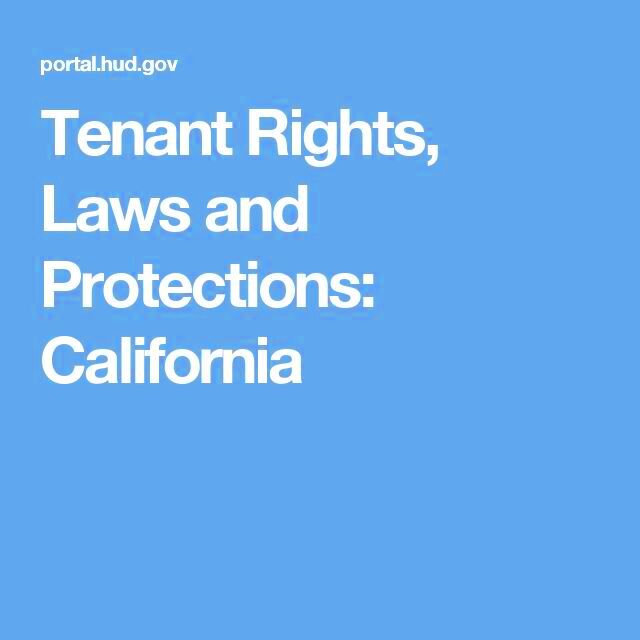Rights for California Tenants in Self-Storage Facilities
In California these days, self-storage facilities play an important role in the everyday life of both individuals and companies. That’s because they offer an option for keeping things for a short time or for a long time. This increasingly common requirement is caused by our lifestyles, which are getting busier every day. You may want more space when you are moving, downsizing or simply trying to clear the clutter: that’s when you need self-storage units the most. It is therefore important to understand your rights and obligations as a tenant so as to ensure that you keep both your items safe and protect your interests.
Tenant Rights Overview for Self-Storage
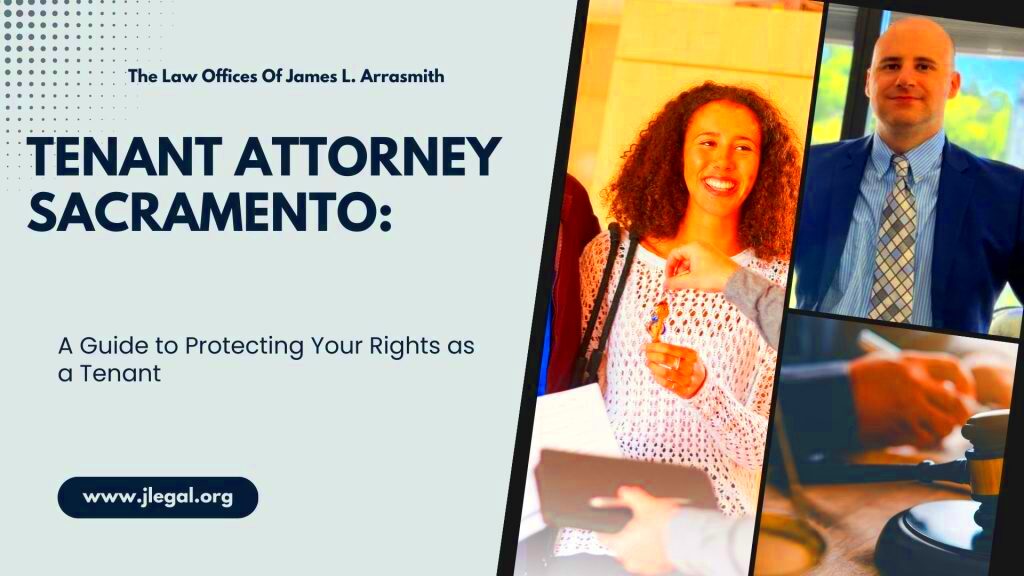
It is essential to protect yourself when you are storing your belongings in a self-storage facility since there are laws in California that specifically protect such tenants. Some major tenant rights include:
- Right to Access: Tenants can access their stored items during business hours.
- Right to Privacy: Your stored items should be protected from unauthorized access.
- Right to Clear Communication: Facility operators must inform tenants about changes in policies, fees, or access.
- Right to Receive Proper Notice: If the facility plans to sell or auction your belongings, they must provide notice.
- Right to Fair Treatment: Discriminatory practices in renting space are not permitted.
Should anything occur, you could ensure that appropriate measures are taken, if one is aware of those rights.
Lease Agreements and Terms for Tenants
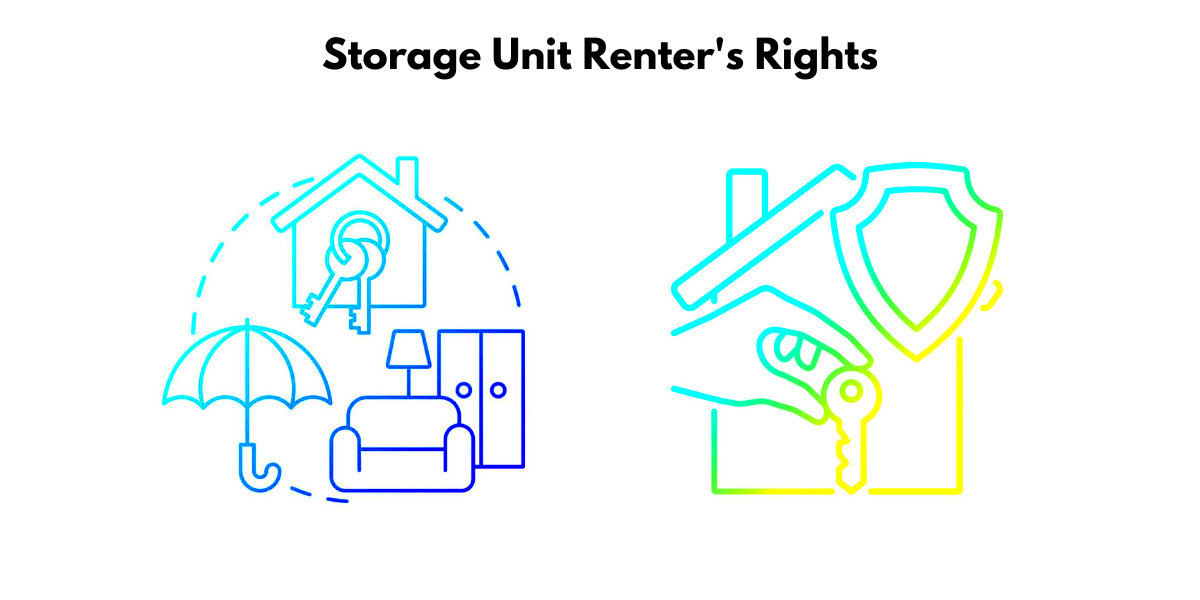
A rental arrangement will be there when you rent out a space in which to keep things, pointing out all the elements that make up your tenancy. Because of this, care must be taken in the reading of such contracts. The critical points to think about include:
- Duration of Lease: Understand whether you are entering into a month-to-month agreement or a longer-term contract.
- Rental Fees: Be clear about the cost of renting the unit, including any additional fees for late payments or access.
- Security Deposits: Know whether a deposit is required and the conditions for its return.
- Insurance Requirements: Some facilities may require tenants to have insurance for their belongings.
- Termination Clauses: Familiarize yourself with how you can terminate the lease and what notice is required.
Spending some minutes to understand the meaning of these things may prevent you from having a headache in future.
Access Rights and Limitations
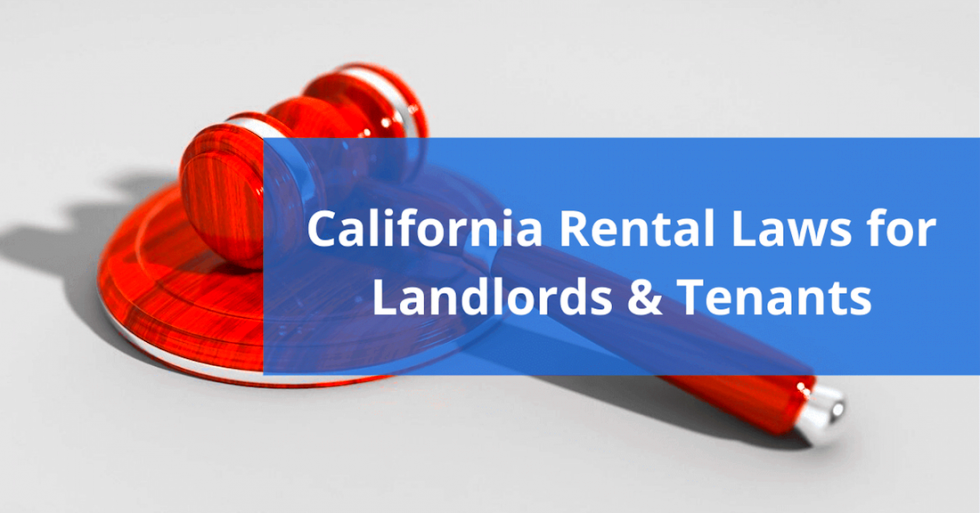
In access rights to storage units in California, it is important to know. Your things are your thing and so they must be accessible as and when required. Usually, self-storage facilities allow customers into their units for a limited period of time beginning from early morning up until nighttime. Nevertheless, there are certain prohibitions that must be put into consideration.
- Business Hours: Most facilities have set hours for tenant access. Make sure to check these hours before renting.
- Unit Security: Facilities might restrict access to ensure the security of all units. This can include requiring a code or key for entry.
- Access During Maintenance: Sometimes, facilities undergo maintenance that may limit access. They should notify you in advance.
- Special Events: Certain occasions, like holidays, may alter access hours, so it’s good to stay informed.
Understanding such access rights will make it possible for you to eliminate needless disappointment and be able to have back your things any time you want them.
Conditions for Storing Personal Property
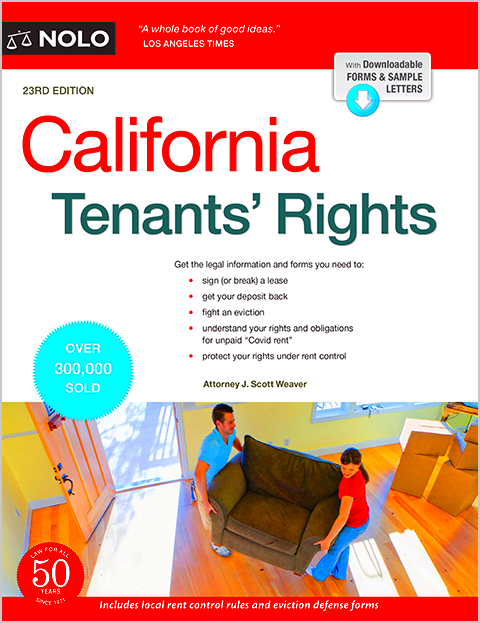
It’s necessary to be aware of the conditions about what you can and cannot keep in a self-storage unit before putting your items there. This helps ensure that all tenants are safe and secure. Here are some general recommendations:
- Prohibited Items: Most facilities do not allow hazardous materials, perishable food, or illegal items.
- Storage of Vehicles: Some places allow vehicles, while others have specific rules about parking or storing cars, boats, and RVs.
- Size Limitations: Check if there are restrictions on the size of items that can be stored.
- Condition of Items: Ensure that stored items are clean and in good condition to prevent issues like pests.
Abiding by these regulations aids in safeguarding your possessions and ensuring the facility’s general security.
What to Do in Case of Disputes
No doubt, conflicts may come up in any type of rental arrangement, including self-storage units. Whether it is a matter of rates, accessibility problems or state of the property, knowing how to handle these frictions can help you avoid wasting time and becoming tensed. Here’s one effective way:
- Review Your Lease: Start by revisiting your lease agreement to understand your rights and responsibilities.
- Communicate with Management: Approach the facility manager to discuss the issue calmly. Clear communication can often resolve misunderstandings.
- Document Everything: Keep records of any correspondence and details related to the dispute. This documentation will be useful if you need to escalate the matter.
- Consider Mediation: If direct communication fails, consider seeking mediation services to help facilitate a resolution.
- Legal Action: As a last resort, if the issue remains unresolved, consult with a legal professional who specializes in tenant rights.
This is how you can solve issues well and safeguard your entitlement in tenant position.
Legal Recourse for Violations
At times conflicts may occur between tenants and self-storage facility operators whose actions could lead to the violation of tenant rights. Legal recourse options should be understood in these circumstances. In California, it is possible for tenants who feel that their rights have been violated to take several paths to pursue justice. In the below paragraphs here is what your choices will look like:
- Document Violations: Keep detailed records of any incidents that violate your rights. This includes dates, times, and descriptions of what happened.
- Notify the Facility: Before escalating matters, communicate your concerns to the facility management. They may be unaware of the issue and could resolve it quickly.
- Mediation Services: Consider utilizing mediation services that can help both parties come to an agreement without involving the courts.
- Small Claims Court: If your dispute involves monetary damages, you can file a claim in small claims court, which is designed for resolving smaller disputes without legal representation.
- Consult an Attorney: If necessary, seek legal advice from an attorney specializing in tenant law. They can guide you on the best course of action.
If those rights are being violated do not wait to seek for help because taking prompt action can discernibly influence the results of any infraction.
Frequently Asked Questions About Tenant Rights
With regards to self-storage facilities, tenants frequently ask questions about their rights and responsibilities. The following are some frequently asked questions:
- What if I can’t pay my rent on time? Most facilities have a grace period, but late fees may apply. Communicate with management about your situation.
- Can I access my unit at any time? Typically, access is limited to the facility’s business hours unless otherwise specified.
- What happens if my belongings are damaged? If your items are damaged due to facility negligence, you may have a case for compensation.
- Are my stored items insured? Check with the facility, as they may offer insurance options, but it’s advisable to have your own coverage as well.
- What should I do if I feel my rights are violated? Document everything and follow the steps for legal recourse outlined previously.
In order to effectively help you in navigating through your rights and duties, answering some frequently asked questions is necessary.
Conclusion on Tenant Rights in Self-Storage Facilities
In order to safeguard oneself and personal effects, one must have knowledge of their entitlements as a rental occupant within self-storage establishments located in California. Having an understanding of access rights, lease conditions, and other related factors will culminate in a more pleasant experience for tenants. Always go through your agreement cautiously, talk to the facility administrators without fear of conflict and keep abreast with any changes that could affect policy or access. In case there is a quarrel, promptness is key; don’t shy away from resorting to lawyers if need be. After all, its only by knowing what one deserves that they can prevent their possessions from being lost forever.
